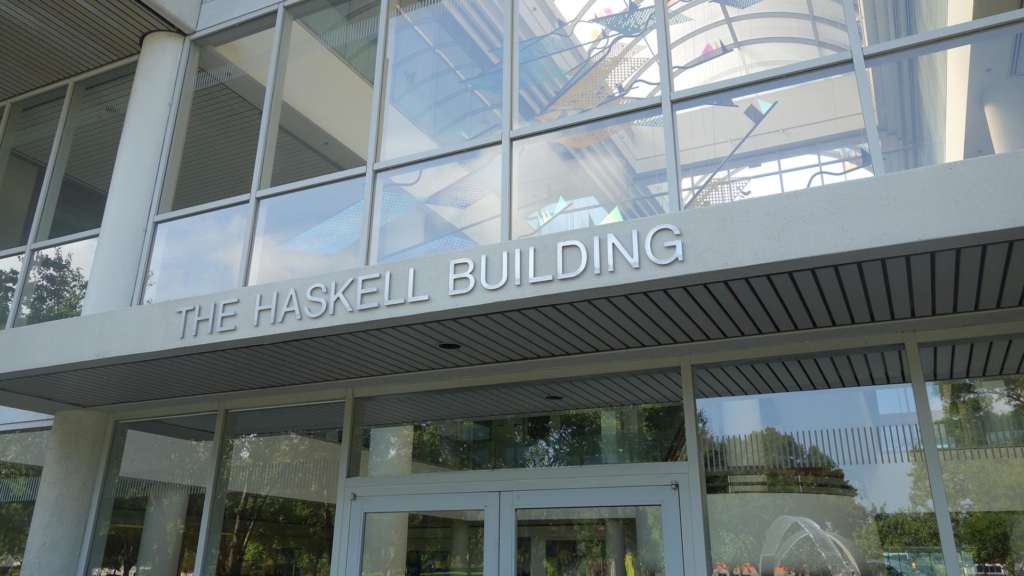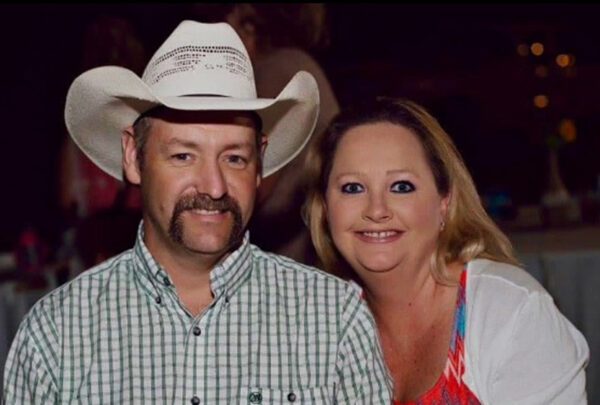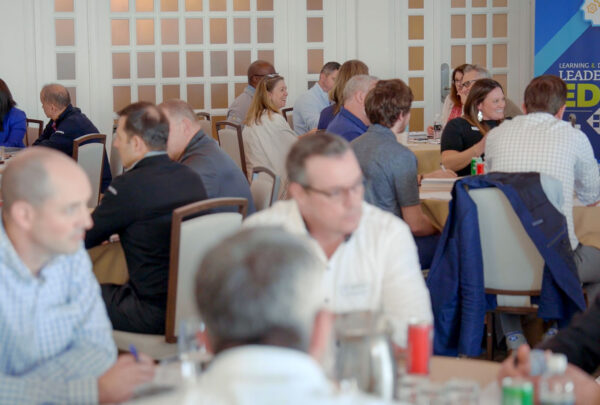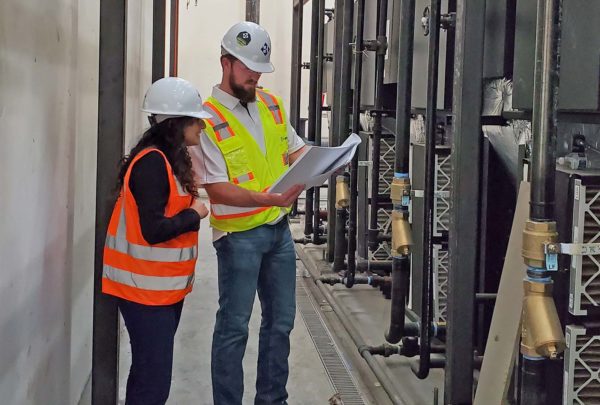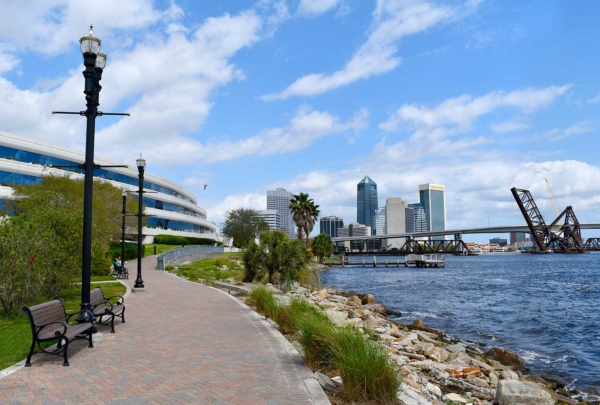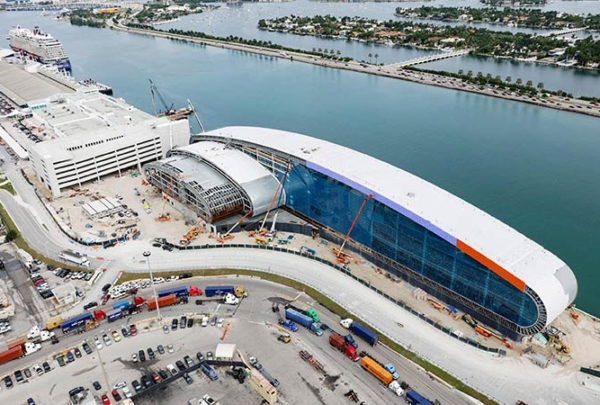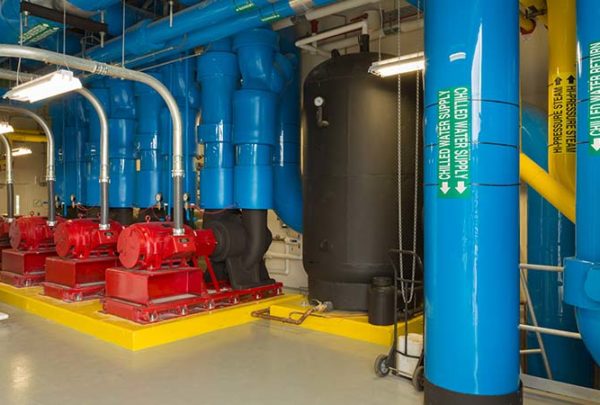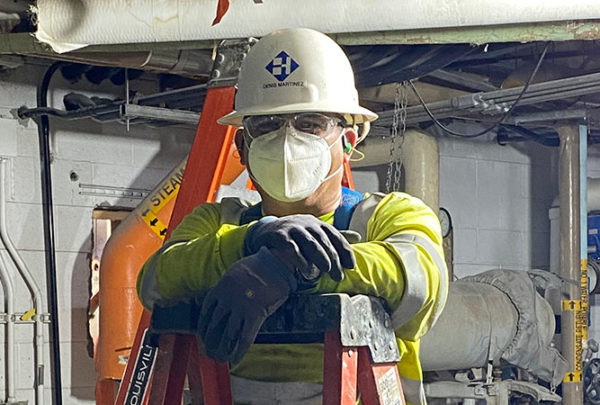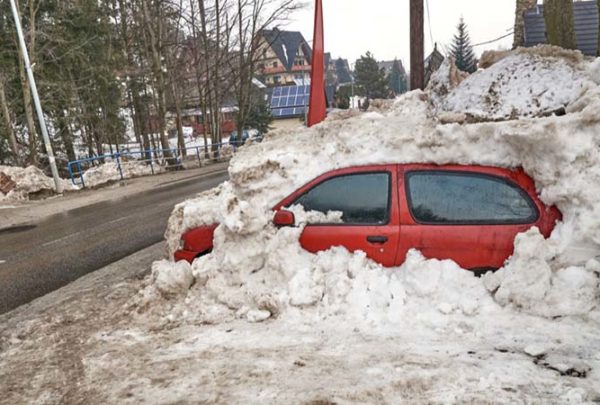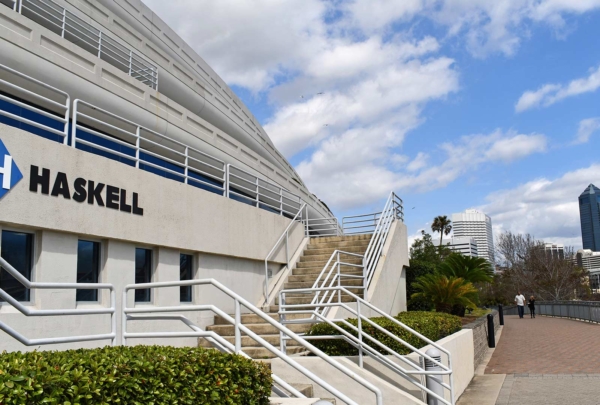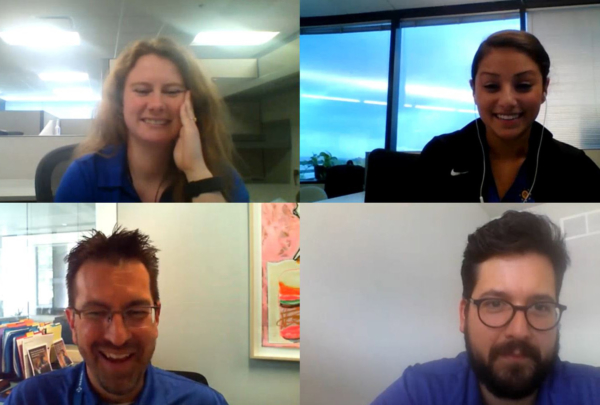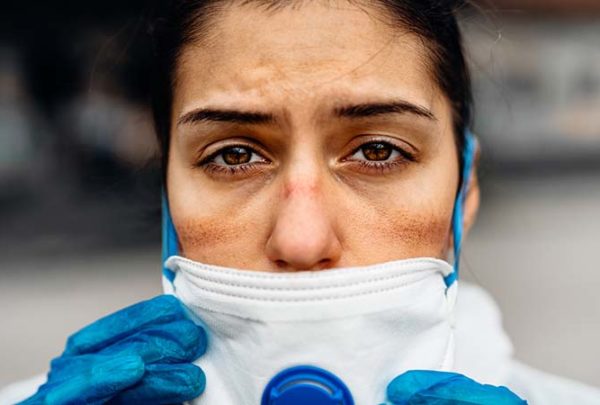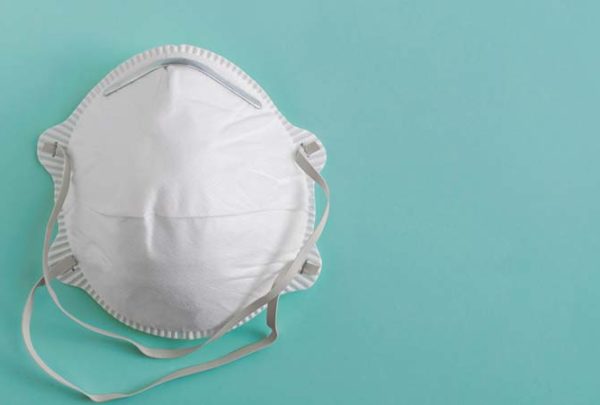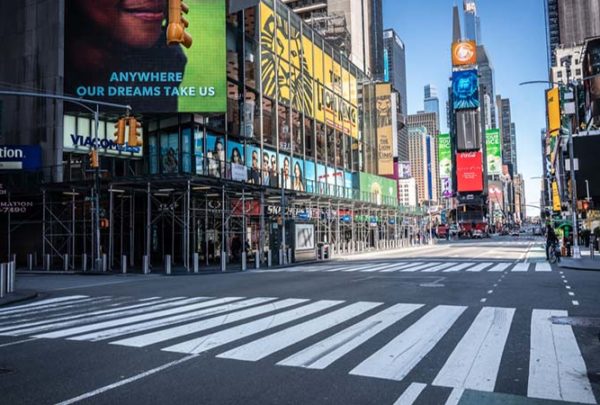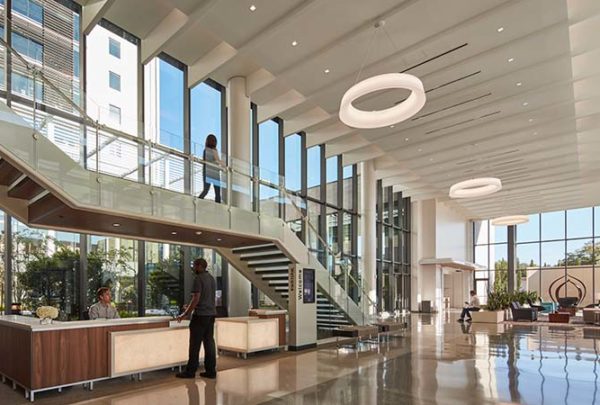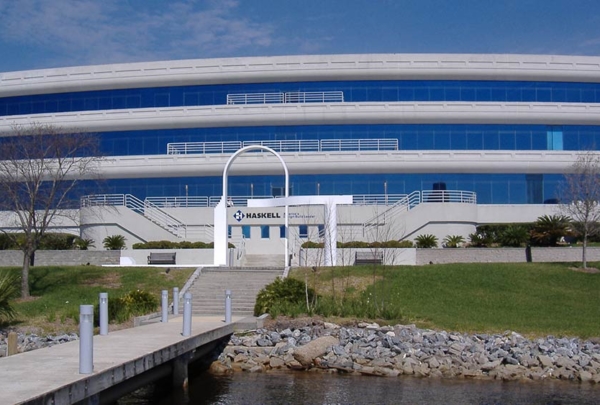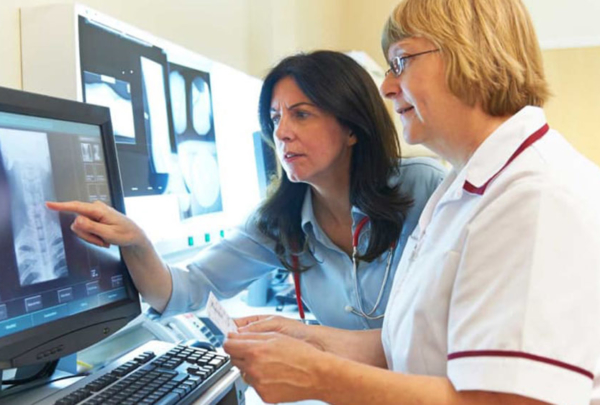As stay-at-home orders are lifted and idled workplaces reopen, everyone has a role to play in protecting themselves and others from the spread of COVID-19.
As experts on building ventilation and operation, Haskell is working in partnership with clients to help as they prepare their facilities and design operations adapted to prevent the spread of the novel coronavirus.
In providing guidance for Haskell and its clients, Chief Mechanical Engineer Matt Ford condensed this list of basic recommendations for facilities operations from publications by the Centers for Disease Control (CDC), the World Health Organization (WHO) and the American Society of Heating, Refrigeration and Air-Conditioning Engineers (ASHRAE).
“These are sound things that you can do at low to no cost that will safeguard your employees,” Ford said.

Based on recommendations from ASHRAE, the following steps should be considered in the planning stage for facility re-entry.
- Increase outdoor air ventilation (use caution in highly polluted areas); with a lower population in the building, this increases the effective dilution ventilation per person.
- Disable demand-controlled ventilation (DCV).
- Utilize economizers to the fullest extent.
- Take care to avoid introducing unfiltered outdoor air due to dust and allergens.
- If outside air is increased, take care to make sure interior humidity does not rise above 60 percent and that the proper amount of relief air is balanced within the system.
- Improve central-air filtration to MERV-13 or the highest compatible with the filter rack, and seal edges of the filter to limit bypass.
- Keep systems running longer hours, if possible 24/7, to enhance the two actions above.
- Consider portable room air cleaners with HEPA filters for spaces that cannot increase outside air or where MERV 13 filters cannot be installed.
- Consider ultraviolet germicidal irradiation (UVGI), particularly in high-risk spaces. Research shows that UVGI in both upper-room and in-duct configurations can inactivate some disease-transmitting organisms. Either of these takes time to plan and install, and shielding is needed to protect the eyes.
- Consider current filters to be contaminated and perform a filter change for all HVAC equipment. Protect personnel changing them, and seal spent filters in plastic bags for disposal. Wearing masks and gloves per CDC and OSHA is recommended while performing this task.
“These HVAC recommendations help in reducing the airborne transmission of the virus,” Ford said. “They are steps through practical ways that owners can adjust or maintain their systems with re-entry into their facilities with workers. It gives them a safeguard and a comfort level for their employees by saying, ‘Here are the steps that we have taken, and we’re doing everything we can to protect the health of our employees.'”
One last tip, this one from the plumbing world: It is recommended to pour at least one gallon of water down each drain to maintain traps. Dry traps were found to have contributed to the 2003 SARS outbreak.
As is the case with all hazards, risk can be reduced but not eliminated. These recommendations will evolve as the state of knowledge about the virus and its spread advances.
For information regarding industrial/manufacturing facility design, including HVAC, plumbing and utility systems, contact Matt Ford at matthew.ford@haskell.com.

